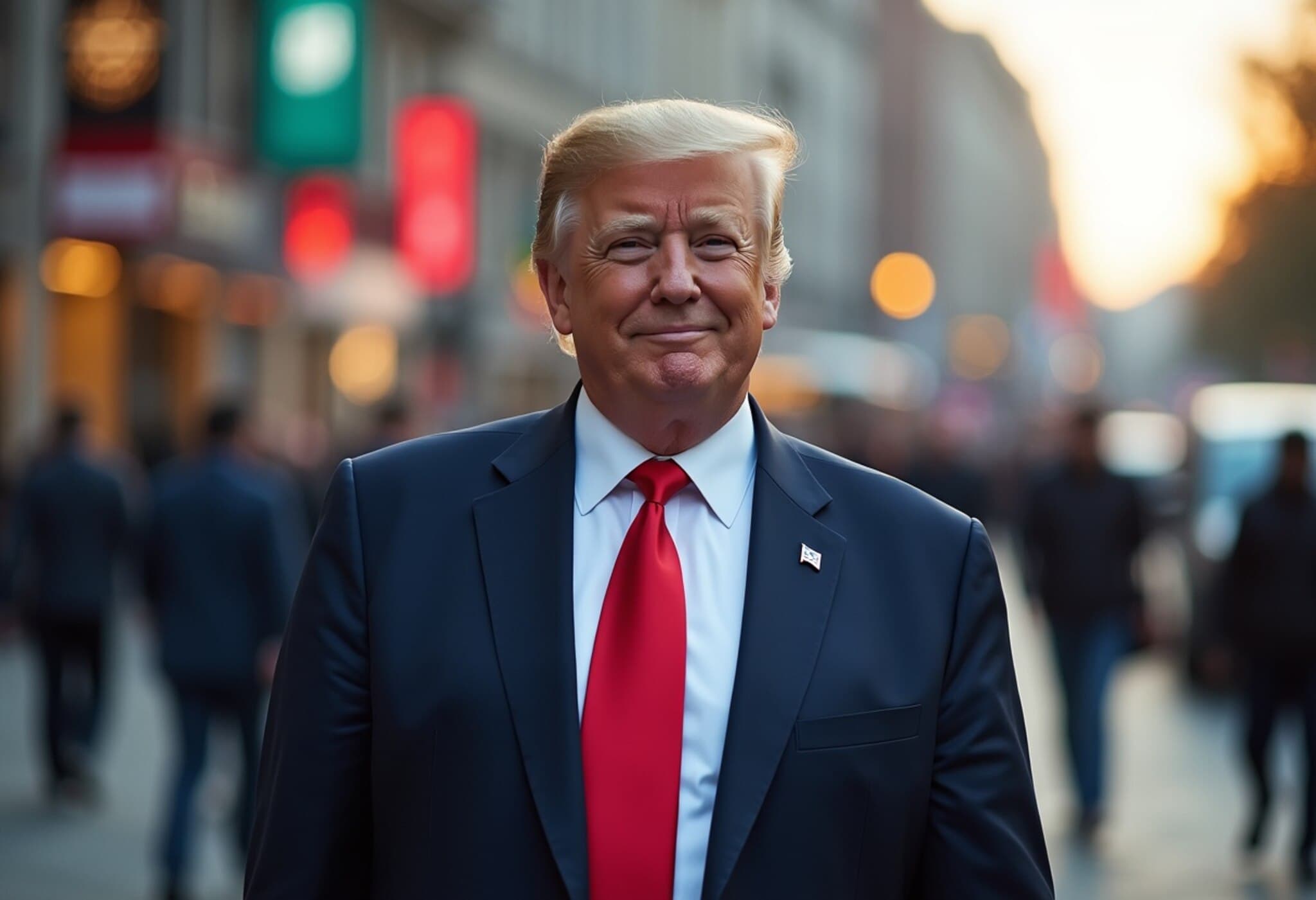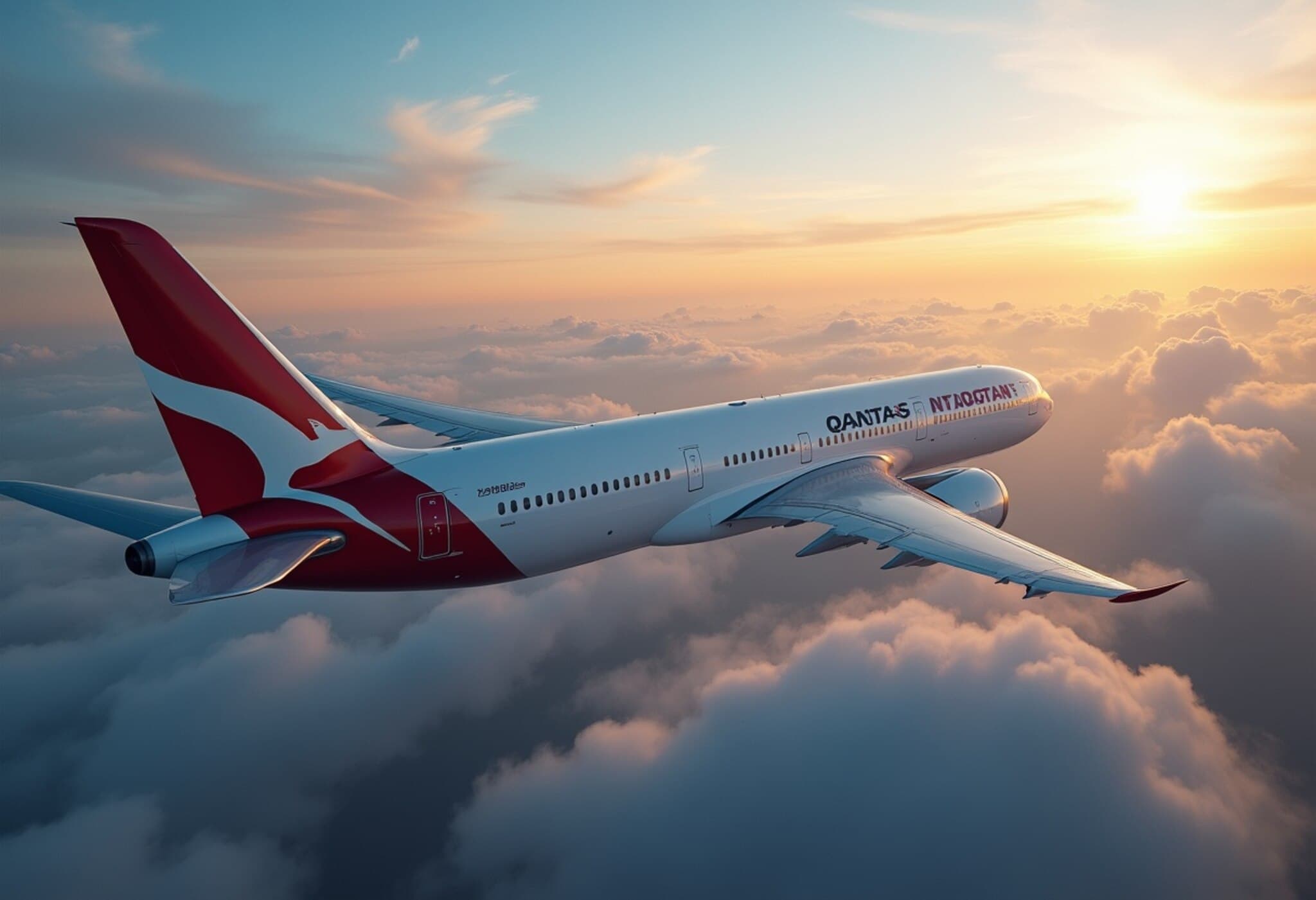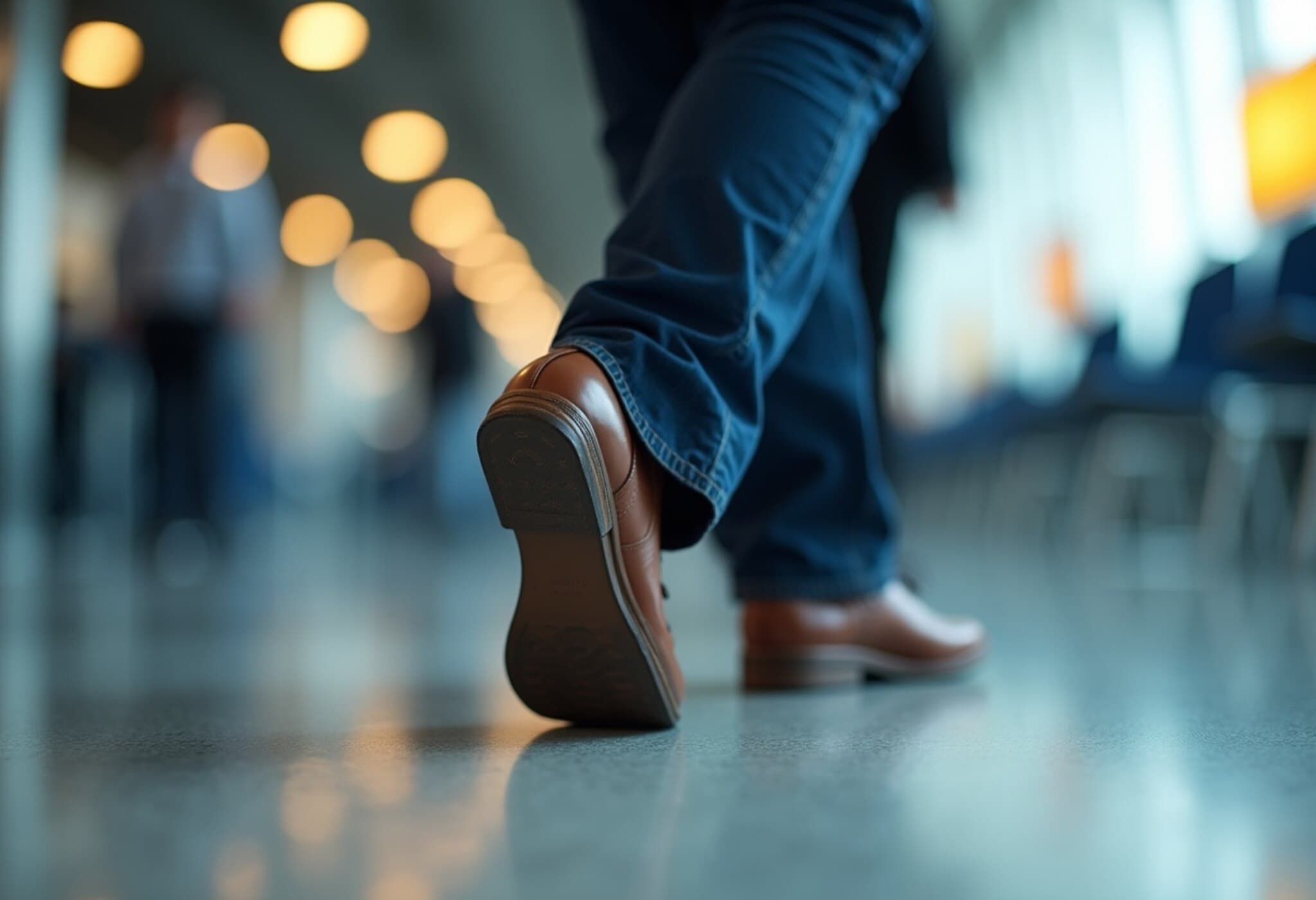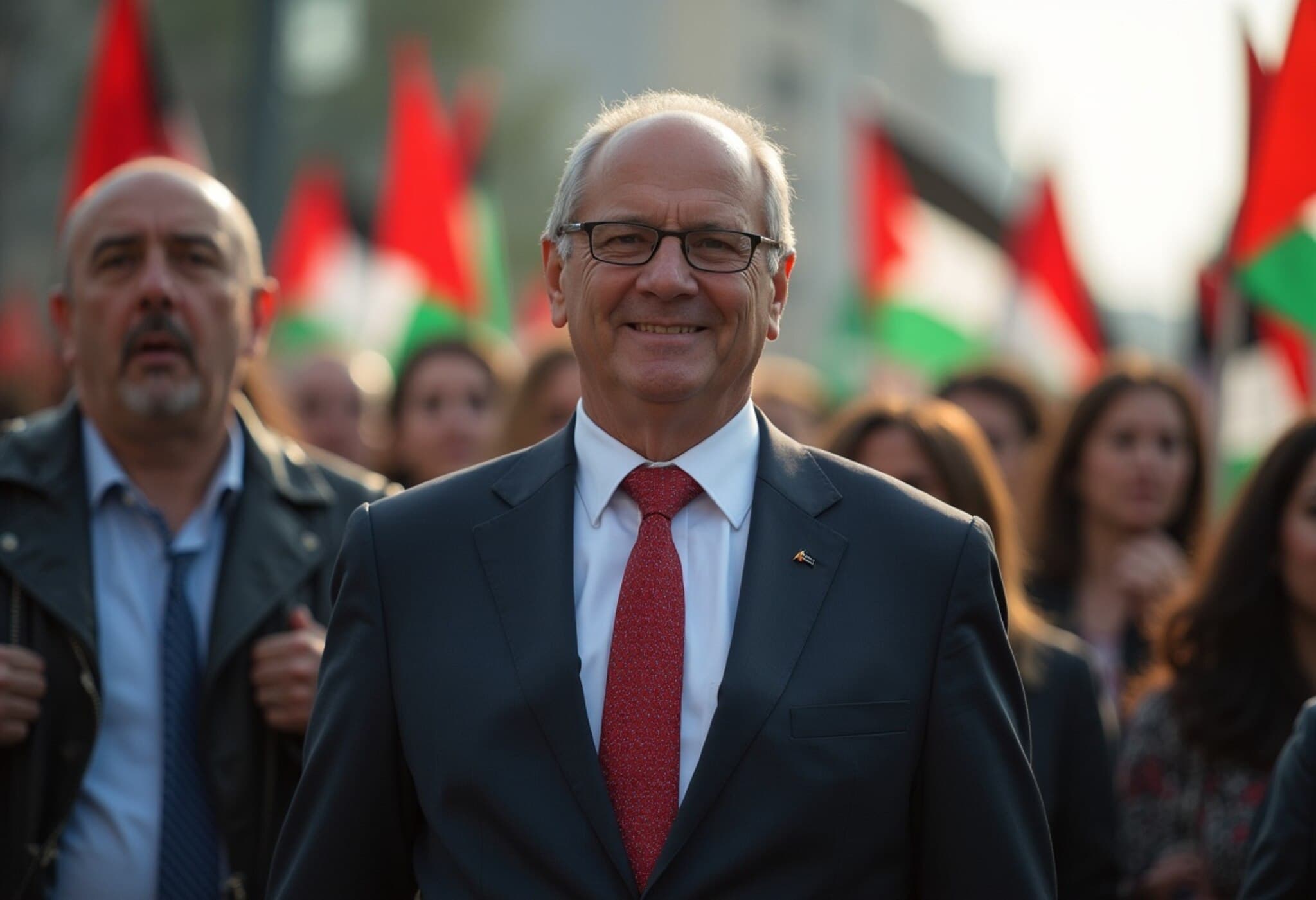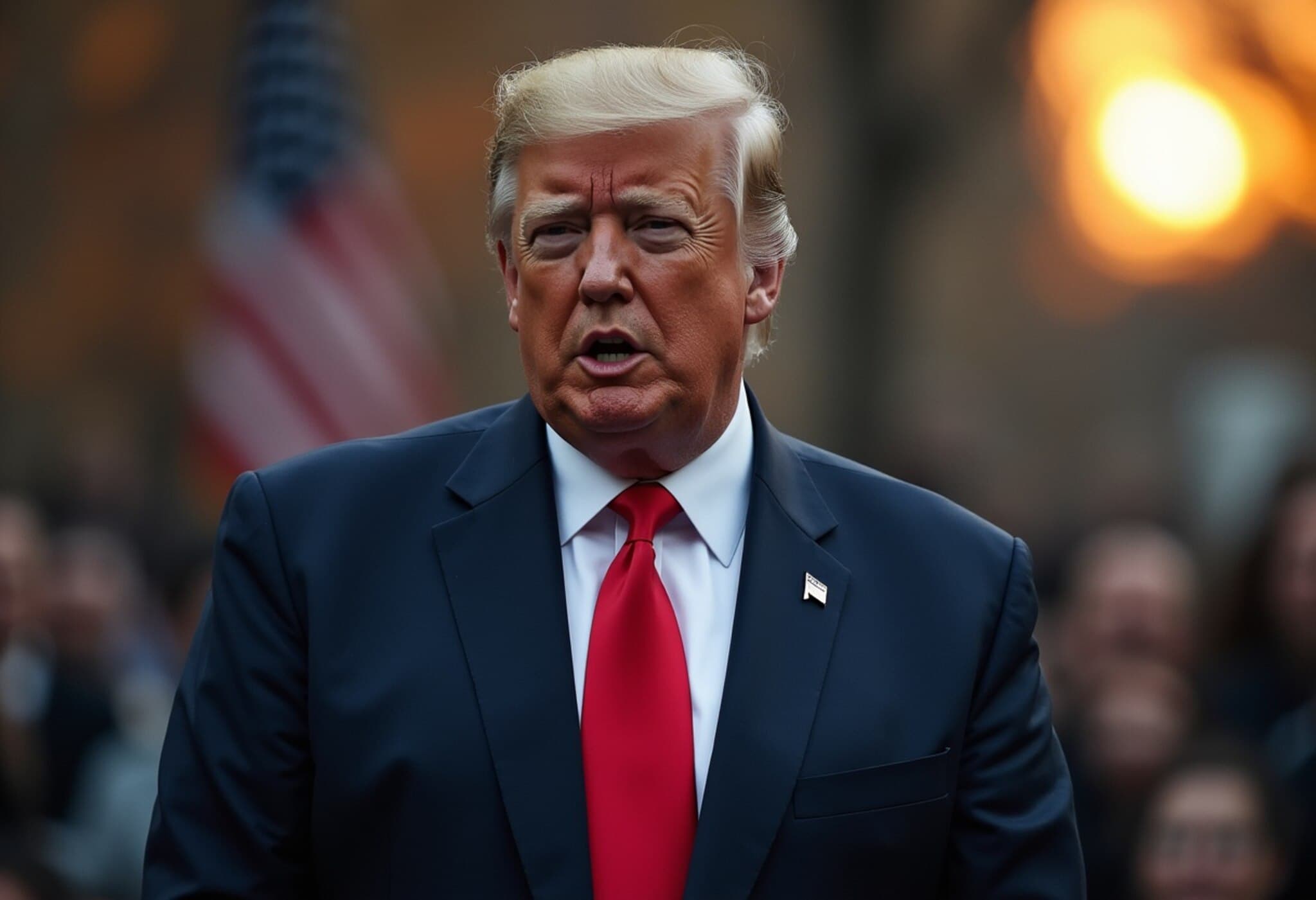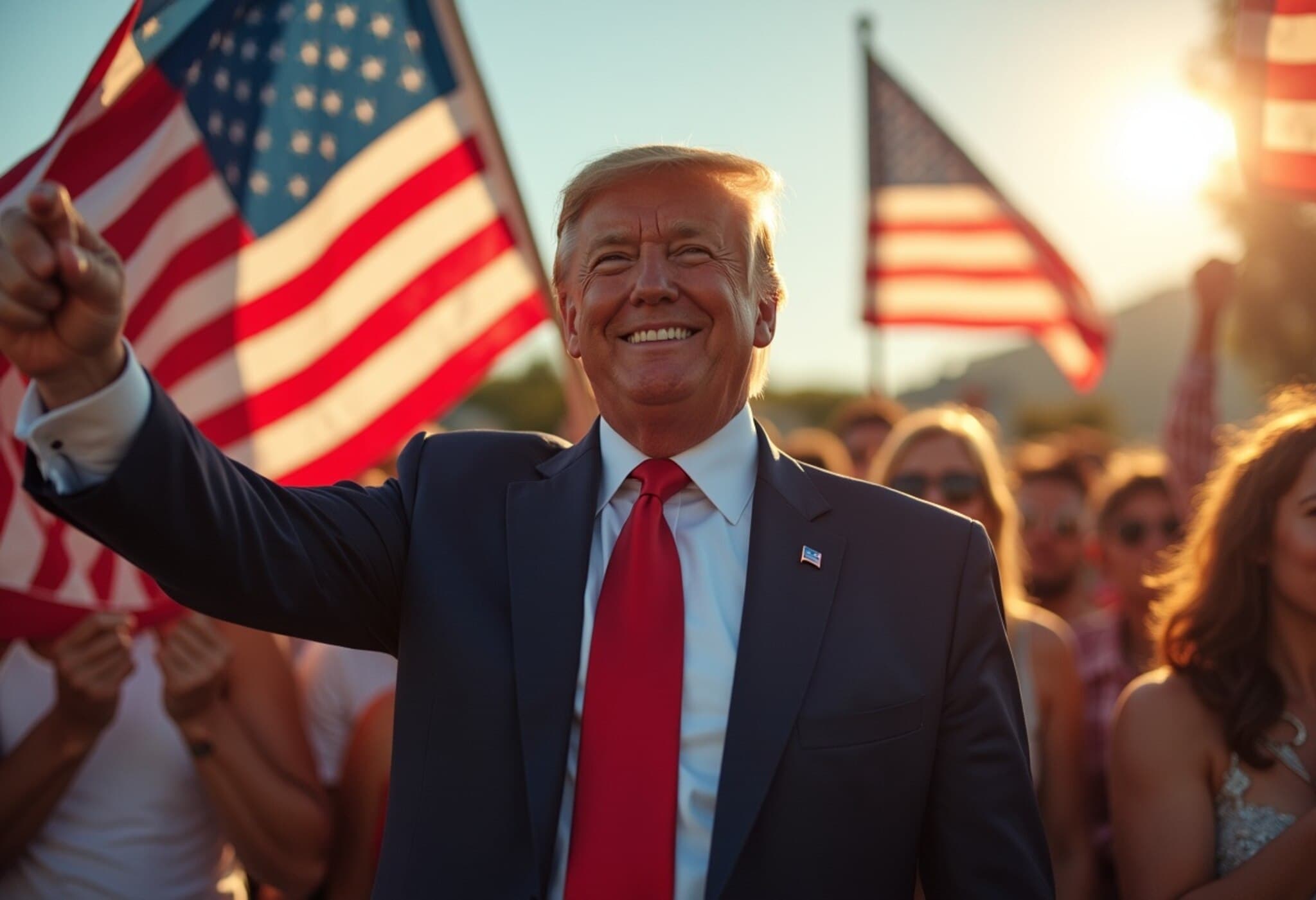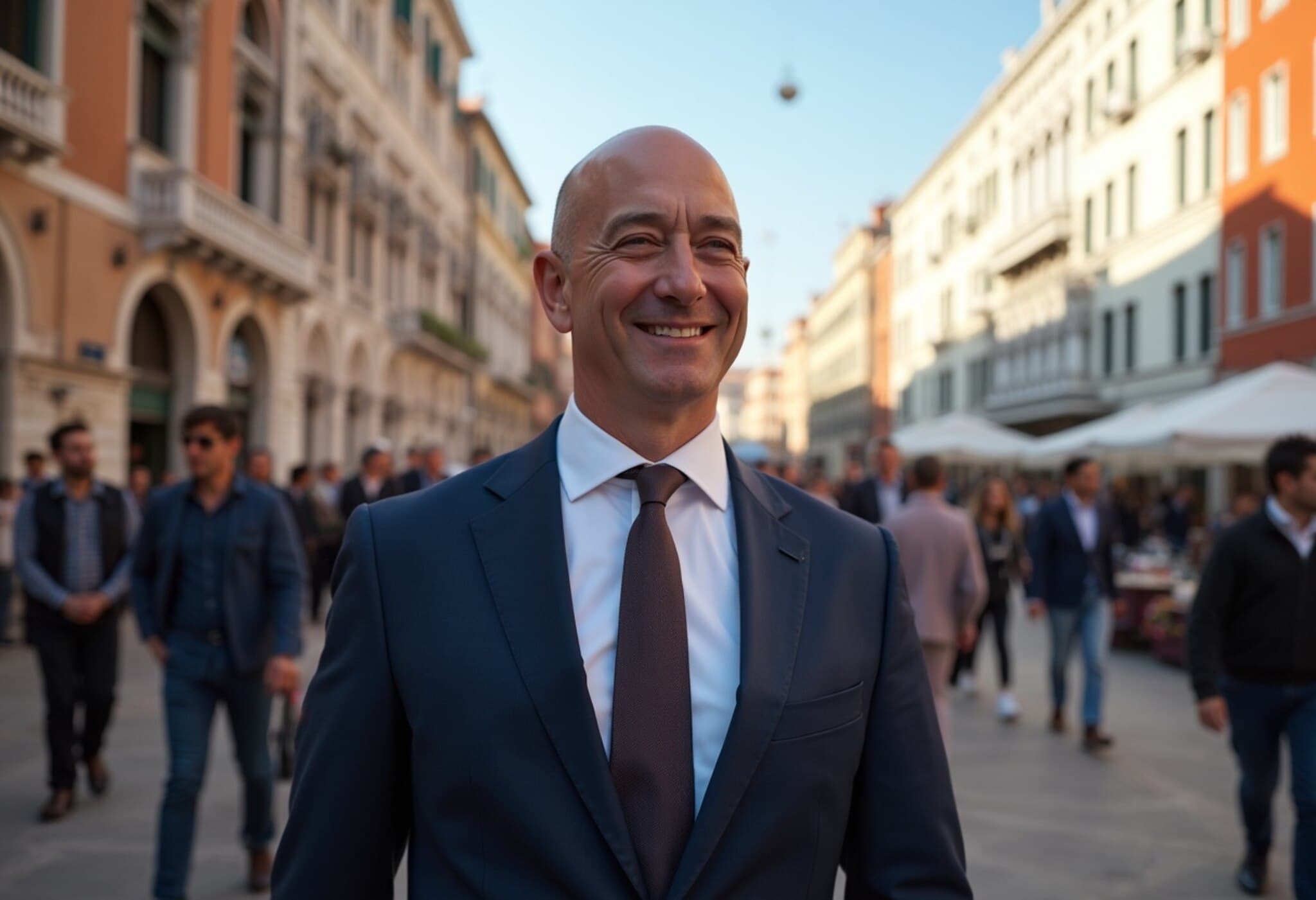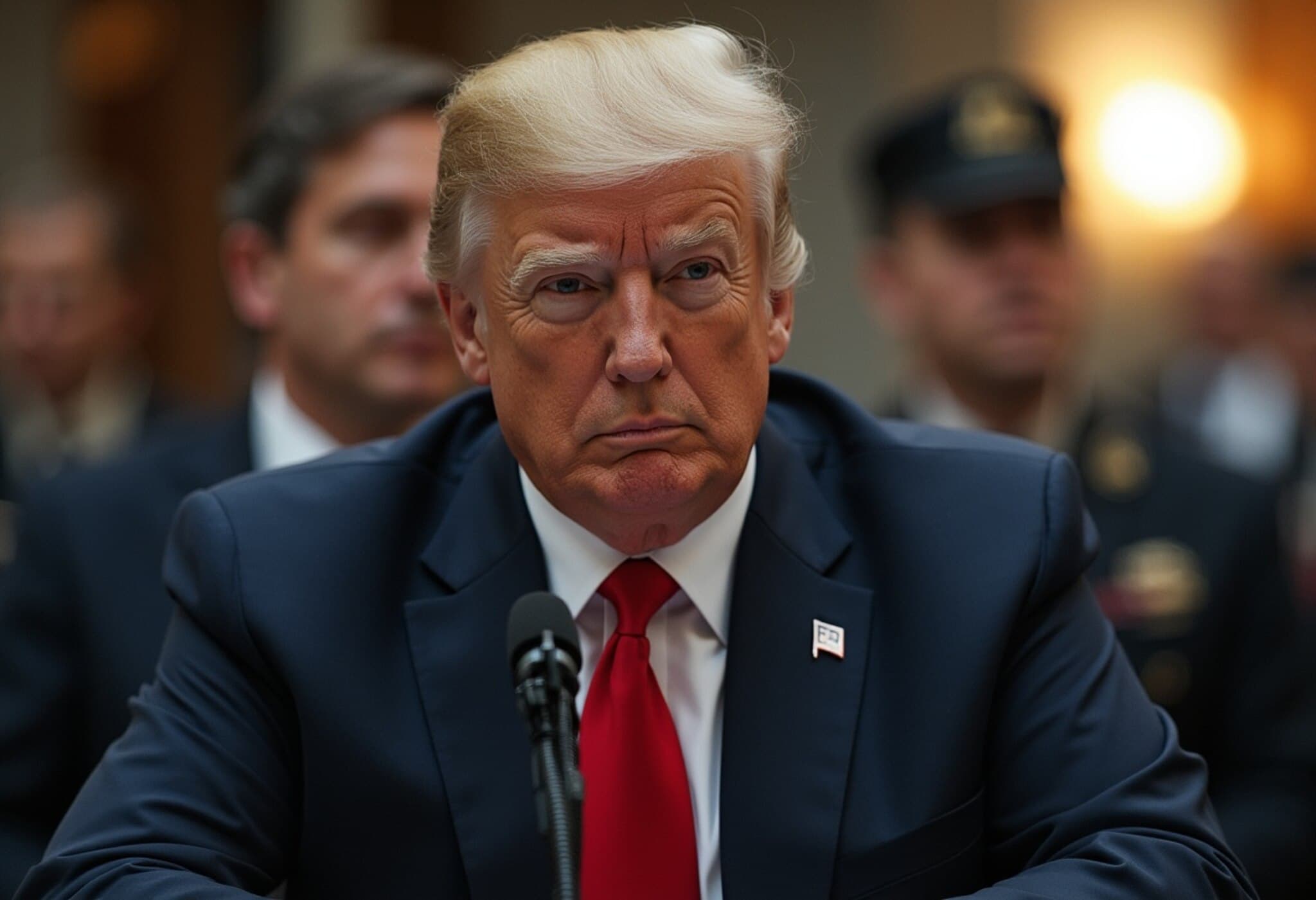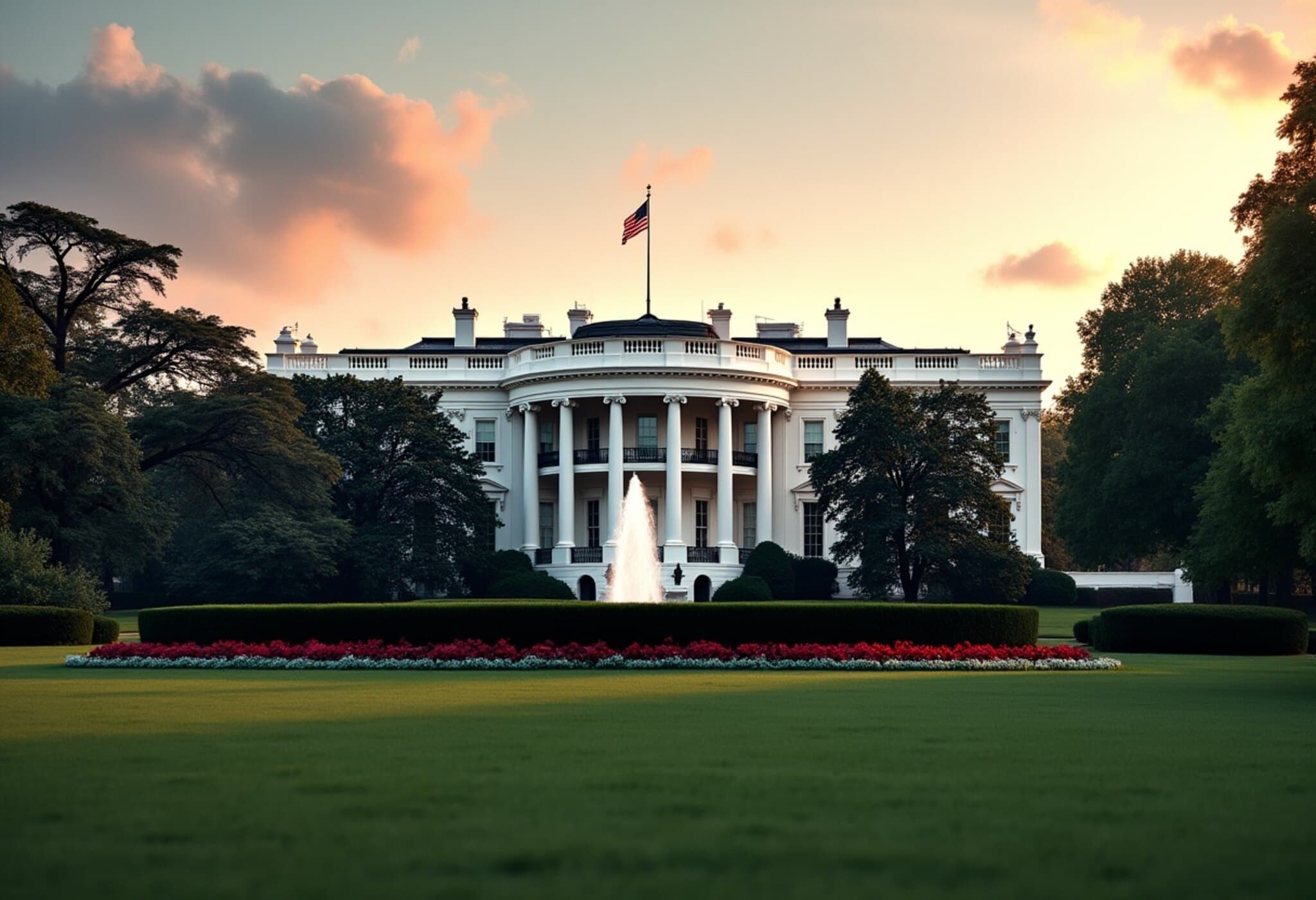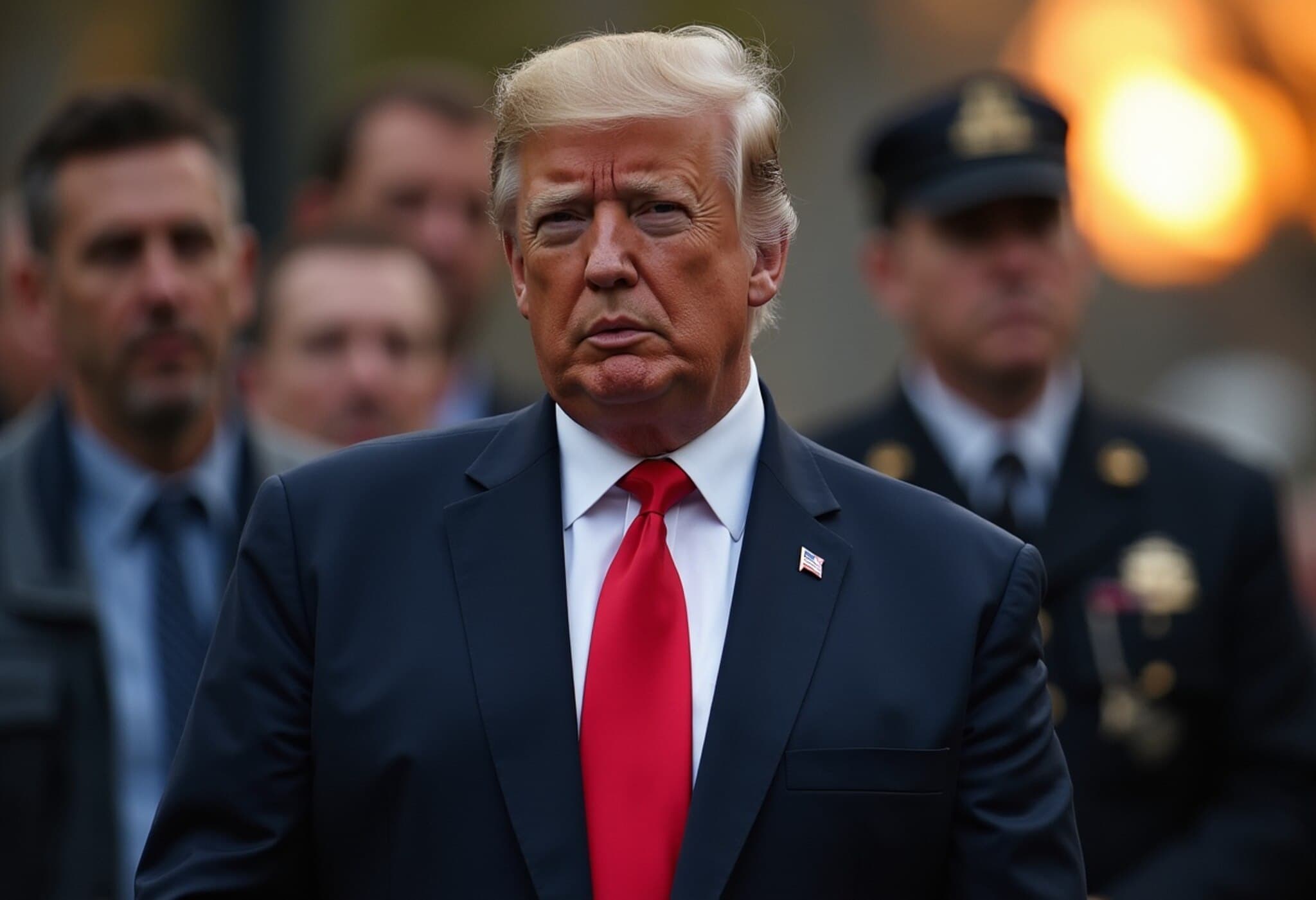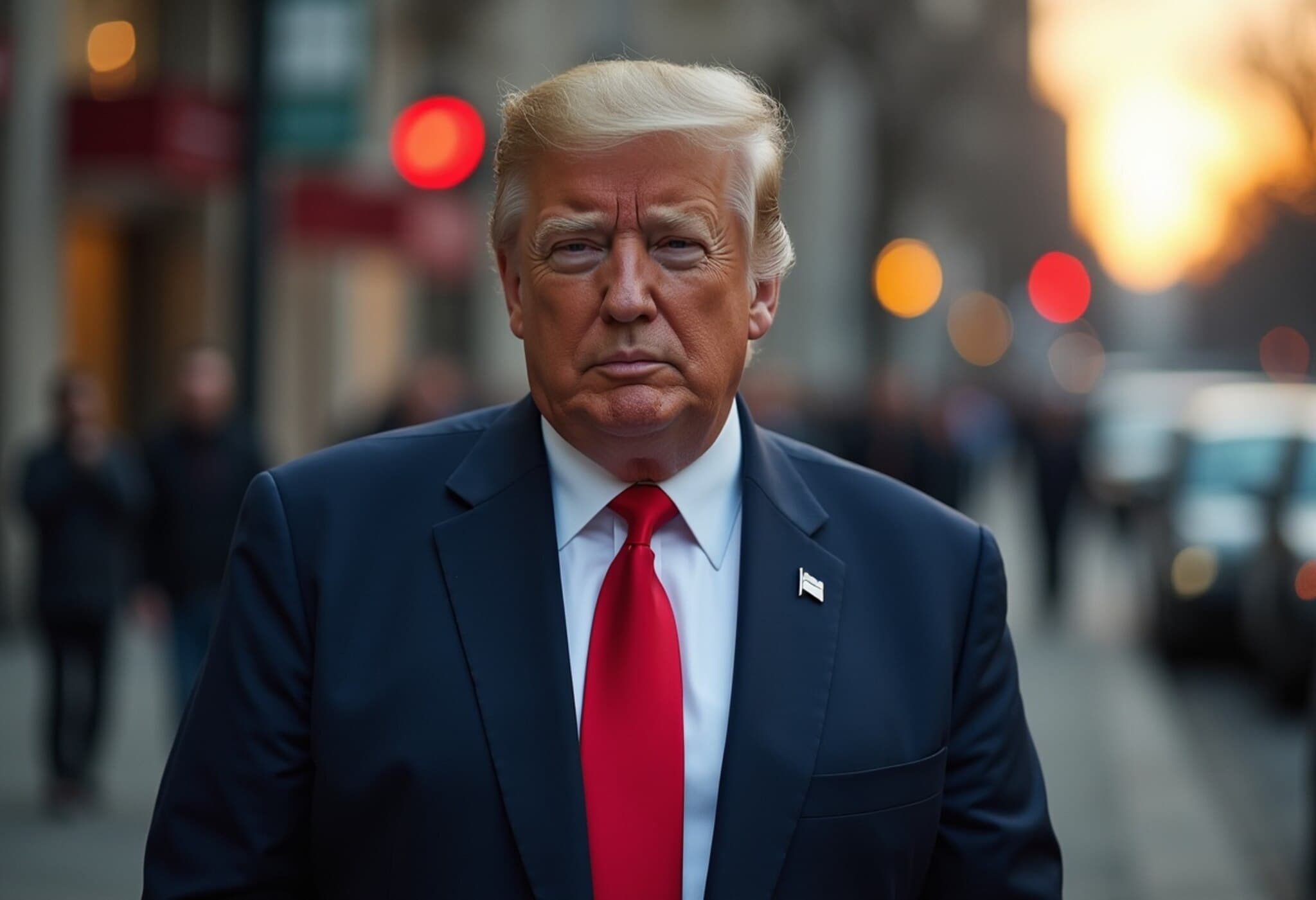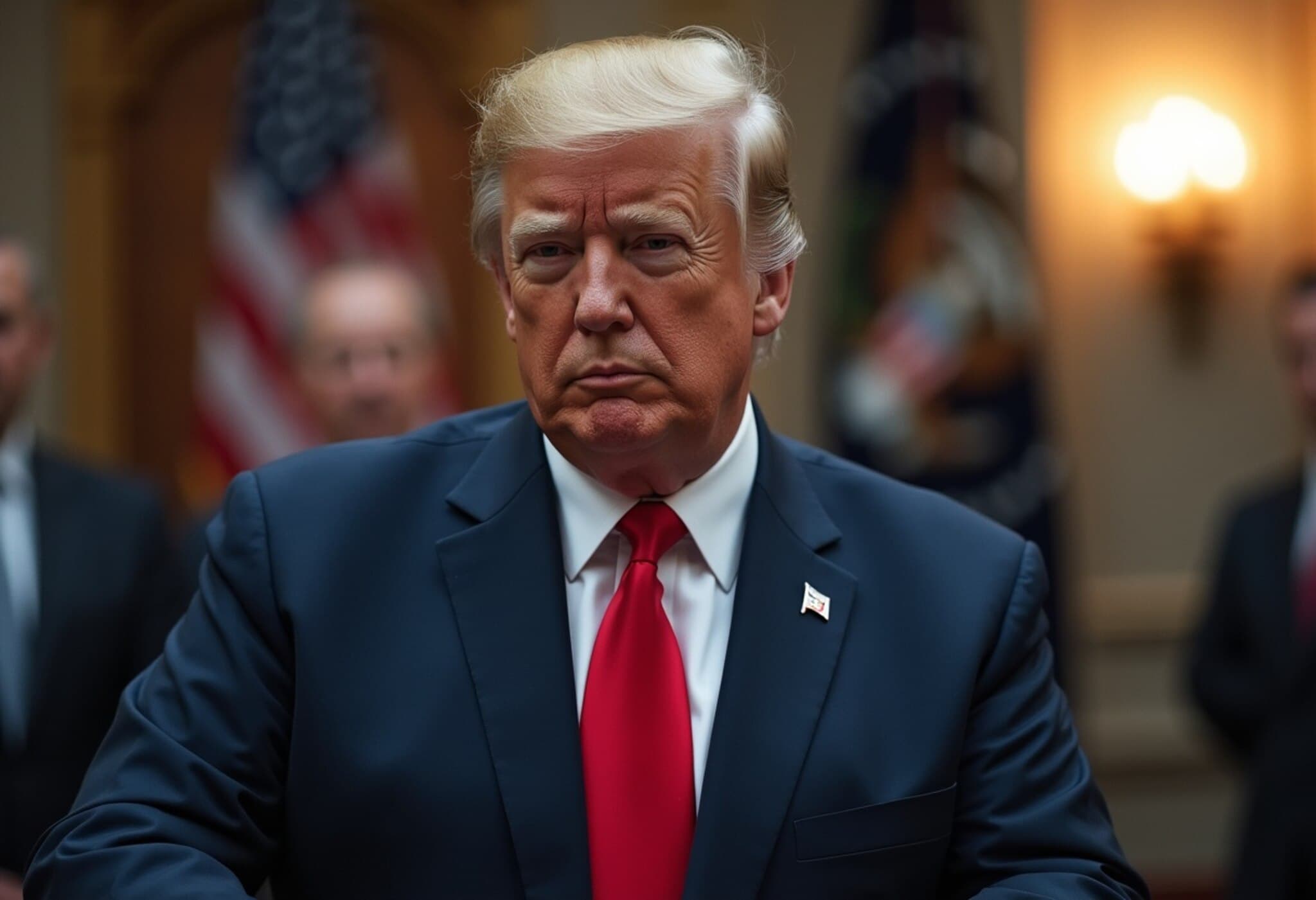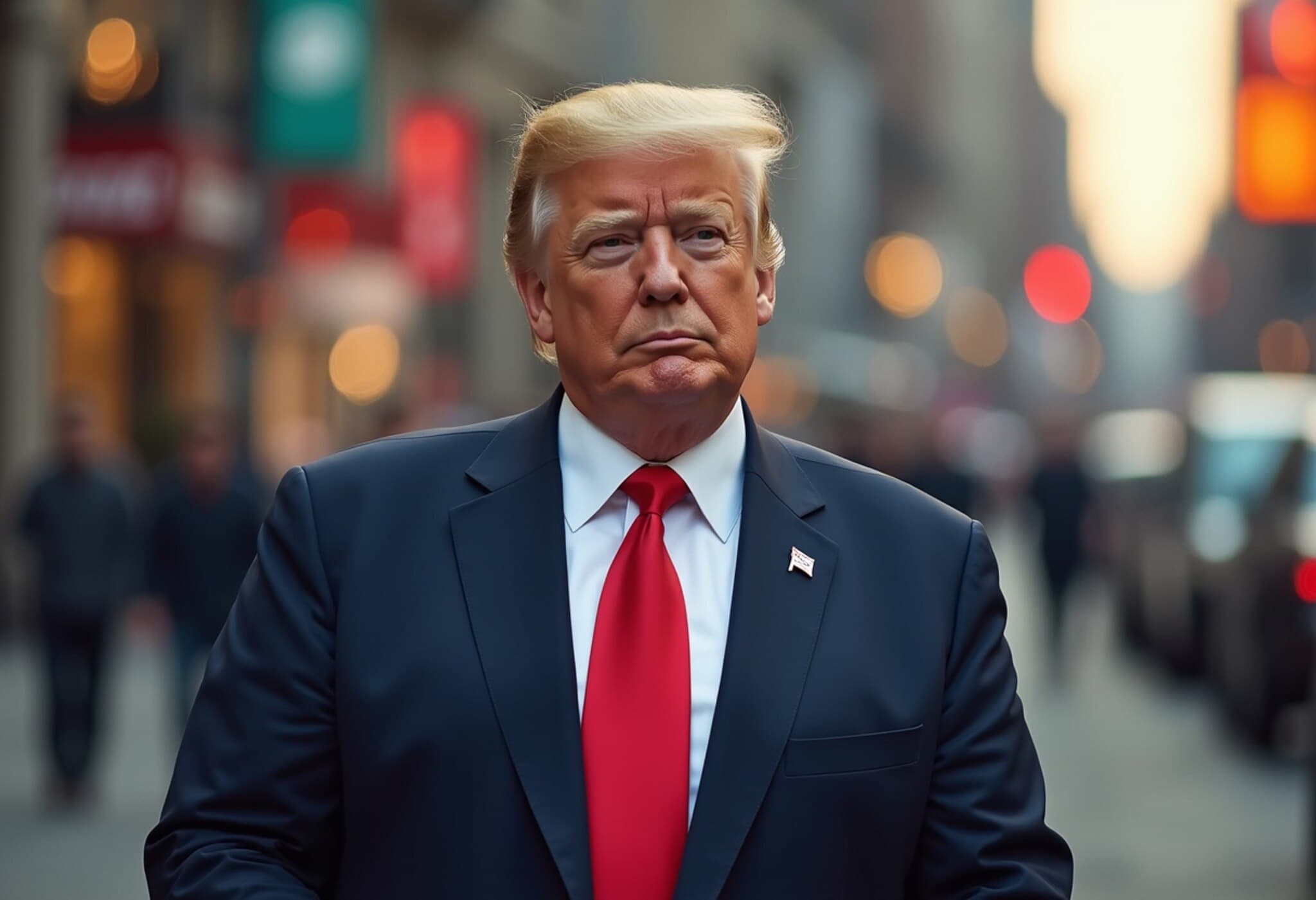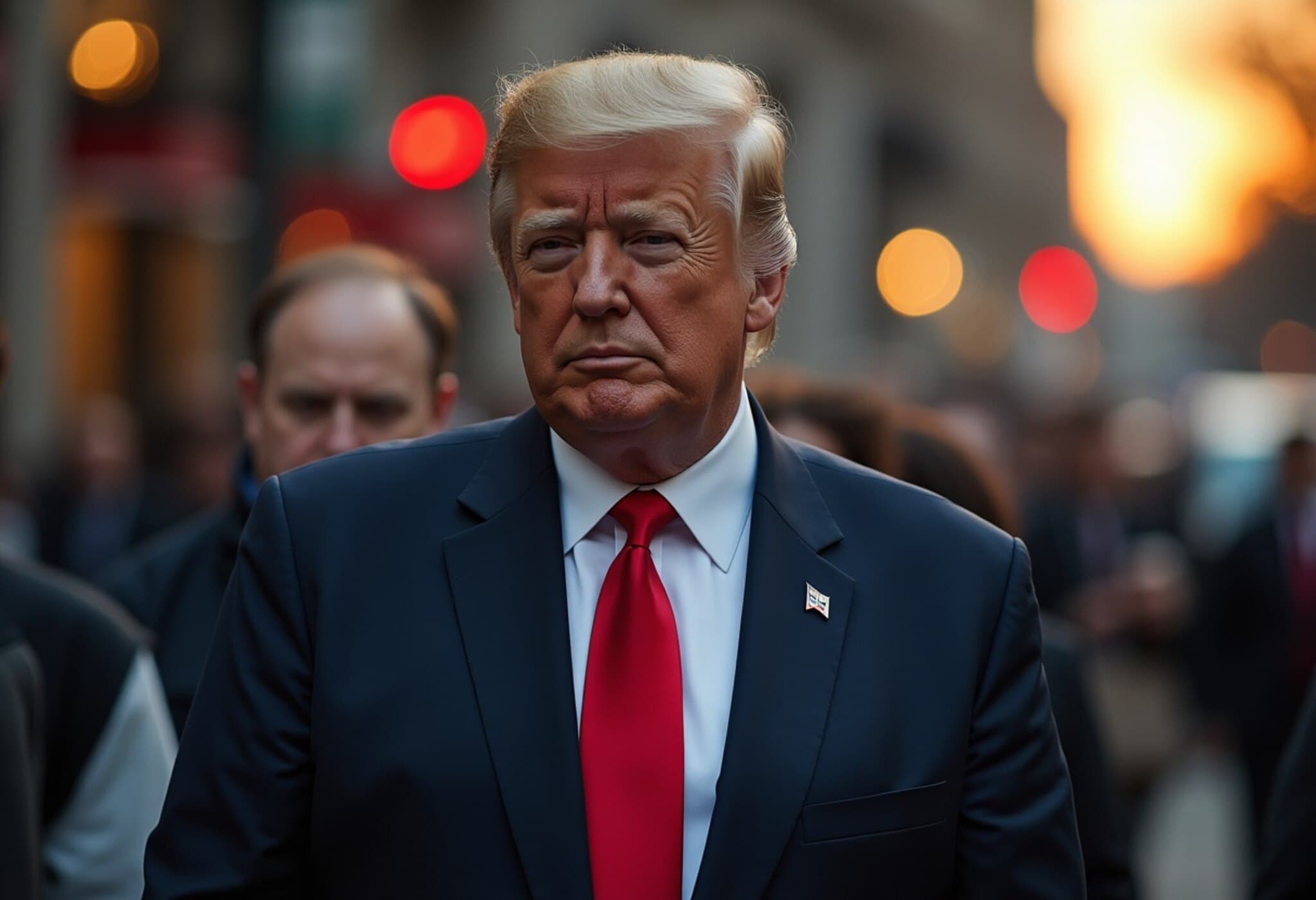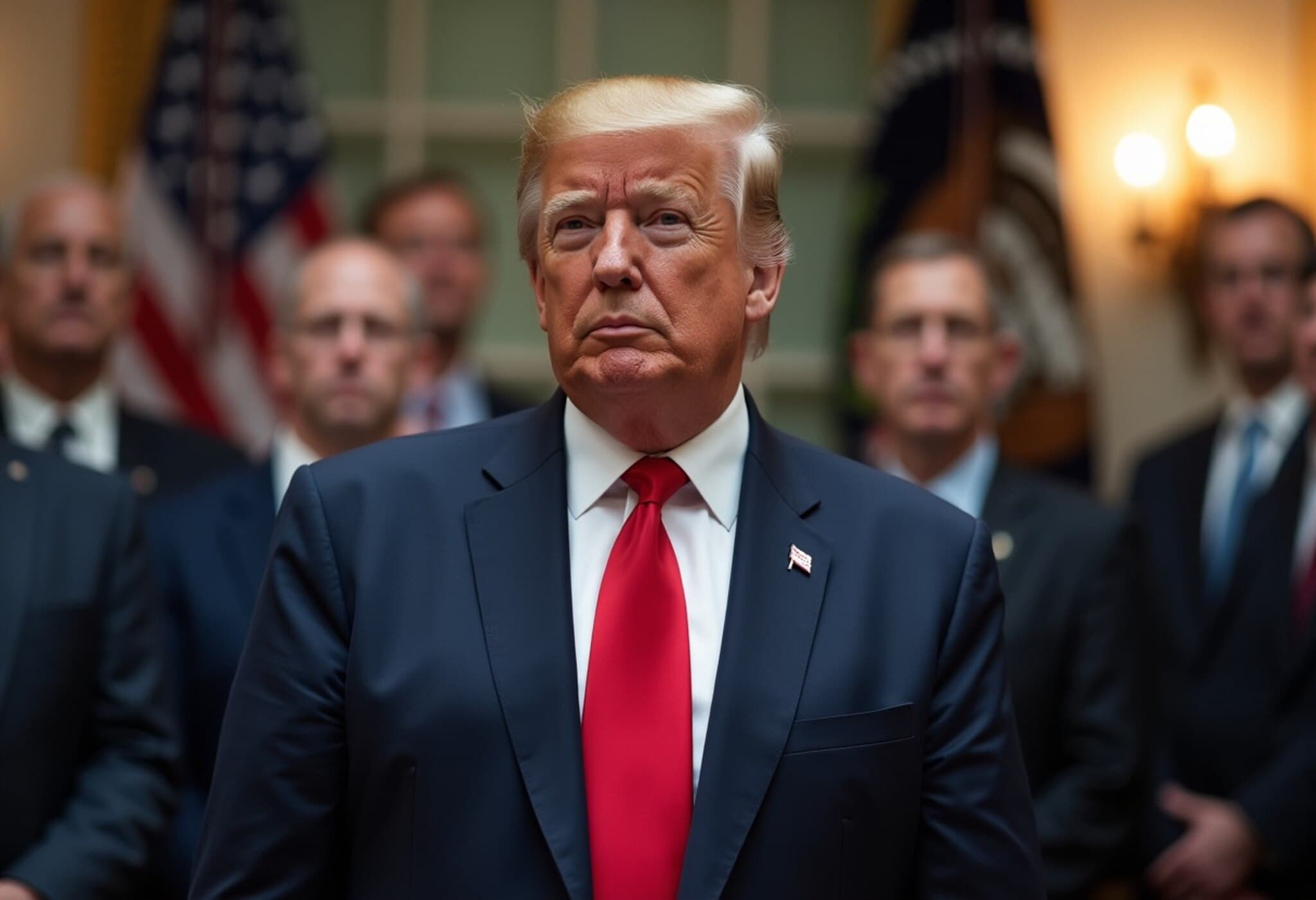When Politics Meets Tourism: The Trump Effect on American Travel
It’s often said that sports and politics should remain separate arenas, and many extend this hope to travel and politics. However, just as international sports have long been intertwined with geopolitical tensions and cultural clashes, so too is global tourism now deeply enmeshed in political narratives. Under former US President Donald Trump’s administration, this interplay has become strikingly evident, with the United States’ hospitality and travel sectors bearing the brunt of political maneuvering.
Basil Fawlty’s American Cousin: A Hostile Welcome
To understand the prevailing mood, some have likened Donald Trump to Basil Fawlty, the famously irascible and dysfunctional hotel owner from the 1970s British sitcom Fawlty Towers. Like Basil, whose erratic behavior often alienated guests, Trump—himself a hotelier with properties in the US and abroad—appeared to treat international visitors with thinly veiled hostility, notably through immigration policies and rhetoric that have chilled American tourism.
This analogy might sound playful, yet it encapsulates a serious challenge: the United States, historically a welcoming destination, has increasingly been perceived as unwelcoming or even punitive toward certain travelers — particularly those expressing political views critical of the administration.
Real Stories Behind the Headlines
Take the case of Bruce Hyland, an Australian who was unexpectedly denied entry to the US just hours before his scheduled flight to visit his daughter. Although initially approved, US immigration authorities later rescinded that approval without explanation, leaving Hyland in a perplexing limbo.
Hyland suspects his ban stems from online comments critical of Trump—an assertion that points toward the politicization of travel vetting processes. As he put it: “It’s unthinkable that in the land of freedom of speech I could be penalized for expressing opinions.” This Kafkaesque scenario not only exposes the opaque nature of US immigration enforcement but also raises alarms about civil liberties in transit contexts.
Broader Impacts: From Canada to Australia
Bruce Hyland's experience isn't isolated. A growing number of travelers from politically allied countries like Australia have reported similar barriers, fueling doubts about the openness of US borders.
Geopolitically, Trump's antagonistic stance toward neighboring Canada has triggered a notable backlash, including a significant drop in Canadian air travel to the US—reportedly a 22% decline in June year-on-year. Such consumer-driven boycotts reflect how political rhetoric spills into economic realities, disrupting long-standing travel patterns.
Brand USA's Struggles and the Road Ahead
In response, Brand USA—the federal agency tasked with promoting American tourism—has ramped up efforts to salvage visitor numbers, even initiating trade missions to countries like Australia. This outreach comes despite deep federal budget cuts imposed during the Trump years, signaling a recognition that rebuilding the US’s tourism appeal will require concerted diplomacy and marketing finesse.
However, looming policy changes risk complicating matters. The US may soon introduce an entry fee aimed at deterrence of visa overstays, potentially deterring travelers from already costly destinations. While countries part of the Visa Waiver Program—including Australia—are likely exempt, unpredictability remains a concern given the administration's erratic approach to immigration and travel regulations.
Looking Ahead: Tourism in the Shadow of the 2026 FIFA World Cup
Adding a layer of irony, the upcoming 2026 FIFA World Cup—a massive, globe-spanning event co-hosted by the US, Canada, and Mexico—presents both tremendous opportunity and risk. Hosting millions of visitors, the tournament could boost US tourism substantially. Yet, if current patterns of politicized exclusion and a hostile welcome persist, it threatens to undercut the US’s global image and economic gains. This potential “own goal” parallels the missteps of Basil Fawlty’s mishandled hospitality.
Expert Perspective: What This Means for American Soft Power and Economy
Tourism is more than just an economic activity; it is a vital component of a nation’s soft power. The Trump administration’s approach has inadvertently strained this dynamic by intertwining political loyalty with visitor acceptance. For the US, a country long celebrated for its cultural openness, such policies risk alienating not just tourists but also allies and international friends.
American businesses reliant on tourism revenues—from airlines to hotels and cultural institutions—face uncertainty as political decisions ripple through global travel. Restoring confidence will likely require a concerted pivot toward decoupling immigration enforcement from political expression and a renewed commitment to welcoming diverse travelers.
Conclusion: The Delicate Balance of Hospitality and Politics
As global travel increasingly reflects geopolitical currents, the case of US tourism illustrates the complexities at the intersection of hospitality and politics. The Trump era’s turbulence brought these tensions into sharp relief, invoking comparisons to a dysfunctional innkeeper whose mismanagement affects everyone.
For travelers, policymakers, and hospitality industries, the key challenge lies in navigating the fine line between national security and openness, between political expression and freedom of movement. How America manages this balance will shape its global standing and economic health for years to come.
Editor’s Note
This analysis reveals the often-overlooked human impact of politicizing tourism—how policies and rhetoric ripple far beyond borders, affecting everyday travelers and international relationships alike. While the US continues to be a top destination, the lessons here underscore the urgency of fostering policies that protect security without sacrificing the spirit of openness that defines American hospitality.
We encourage readers to reflect on the broader implications: How can countries like the US reconcile security with welcoming diversity? What role should travel and tourism play in diplomacy? And how might travelers advocate for their rights in an increasingly politicized border environment?
— Anthony Dennis, Travel Editor

